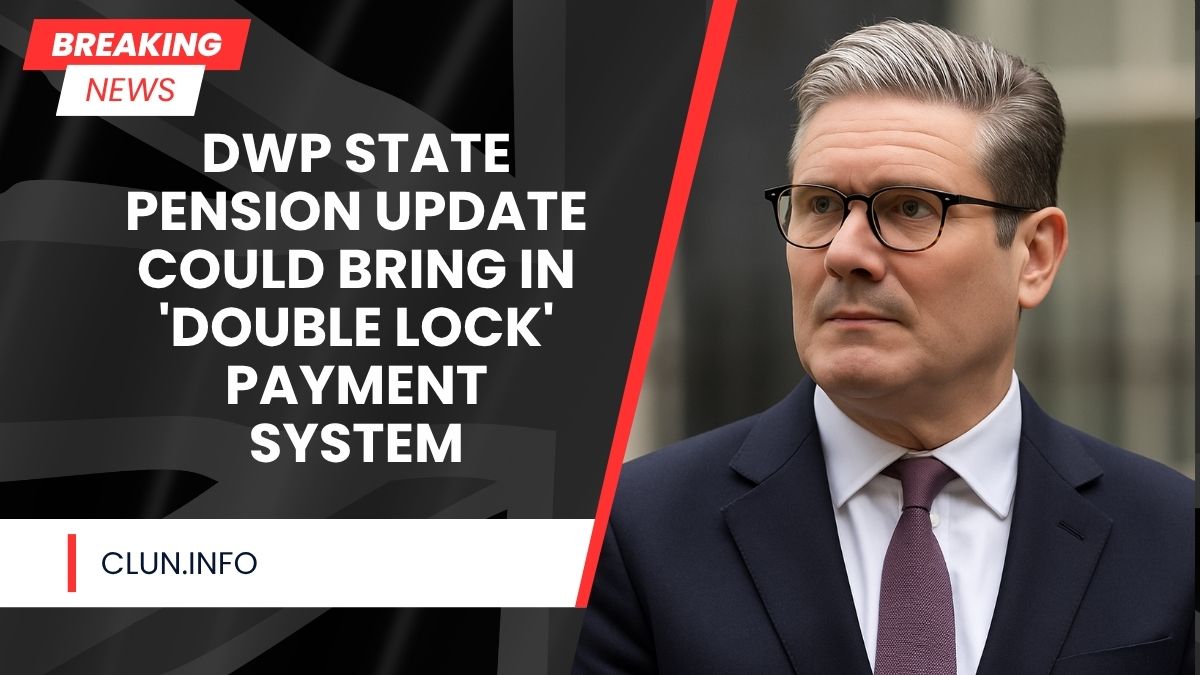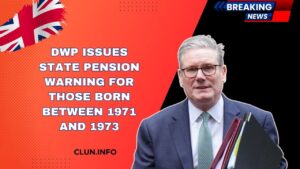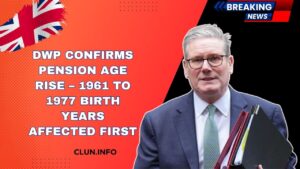The UK’s Triple Lock system, which guarantees pension increases based on inflation, wage growth, or 2.5% (whichever is higher), may be scrapped due to growing concerns about its financial sustainability.
The Department for Work and Pensions (DWP), along with the Labour Party, has been considering the possibility of replacing it with a Double Lock system amid worries over the rising cost.
The Potential Shift to the Double Lock
If the Triple Lock system is abolished, it is expected that a Double Lock would take its place. Under the new system, pensions would be adjusted based on inflation or wage growth, but not both.
This change aims to ease the financial strain caused by the current system, which has come under increasing scrutiny.
Concerns Over the Triple Lock’s Sustainability
Shadow Chancellor Mel Stride, a member of the Conservative Party, has voiced concerns about the Triple Lock’s future. He argued that the system is “unsustainable” and cannot continue indefinitely.
According to Stride, the cost of maintaining the state pension under the current setup could eventually consume a disproportionate share of the UK’s economic output over the coming decades.
“The cost of the state pension will asymptotically approach the entire output for the UK economy if you keep going over many, many decades,” Stride explained.
Expert Opinions on the Issue
The Office for Budget Responsibility (OBR), headed by Richard Hughes, has also weighed in on the matter. Hughes explained that when the Triple Lock was first introduced, the outlook for both inflation and earnings was far more predictable. However, recent years have shown that these factors can be much more volatile.
“Inflation and earnings have turned out to be much more volatile. We’ve seen double-digit inflation in the UK, which wasn’t expected when the Triple Lock was introduced,” Hughes said.
According to Hughes, the volatility of inflation contributes significantly to the increased cost of pensions, which is not solely attributed to the ageing population.
Government’s Commitment to the Current Policy
In response to the OBR findings, a Treasury spokesperson emphasized that the government remains “committed” to the current Triple Lock policy, signaling no immediate plans for change. However, this stance may evolve if the financial pressures continue to mount.
Political Debate Around Taxation
In a related political discussion, Adrian Ramsay, co-leader of the Green Party, raised the issue of a potential wealth tax during a Prime Minister’s Questions (PMQs) session. Ramsay pointed out that there is growing support for taxing the wealthiest individuals to contribute more towards funding government initiatives.
However, Sir Keir Starmer, leader of the Labour Party, dismissed these suggestions, arguing that the country cannot simply “tax our way to growth” and criticized unfunded spending commitments worth billions of pounds.
The future of the Triple Lock system remains uncertain as experts, political figures, and the public weigh in on its financial viability.
While some propose switching to a Double Lock system to ensure a more sustainable approach to pension increases, others, including the Treasury, continue to back the current system.
Ultimately, the decision will likely depend on further financial evaluations and political negotiations in the coming months.
FAQs
What is the Triple Lock system?
The Triple Lock guarantees that the UK state pension increases each year by either inflation, wage growth, or 2.5%, whichever is highest. This system ensures that pensions maintain their value relative to the cost of living and average earnings.
Why is the Triple Lock being criticized?
The system is being criticized for being unsustainable, as it places a significant financial burden on the economy, especially given the volatility of inflation and earnings in recent years.
What would the Double Lock entail?
Under the Double Lock system, pensions would increase based on either inflation or wage growth, but not both, offering a more financially sustainable option compared to the Triple Lock.




